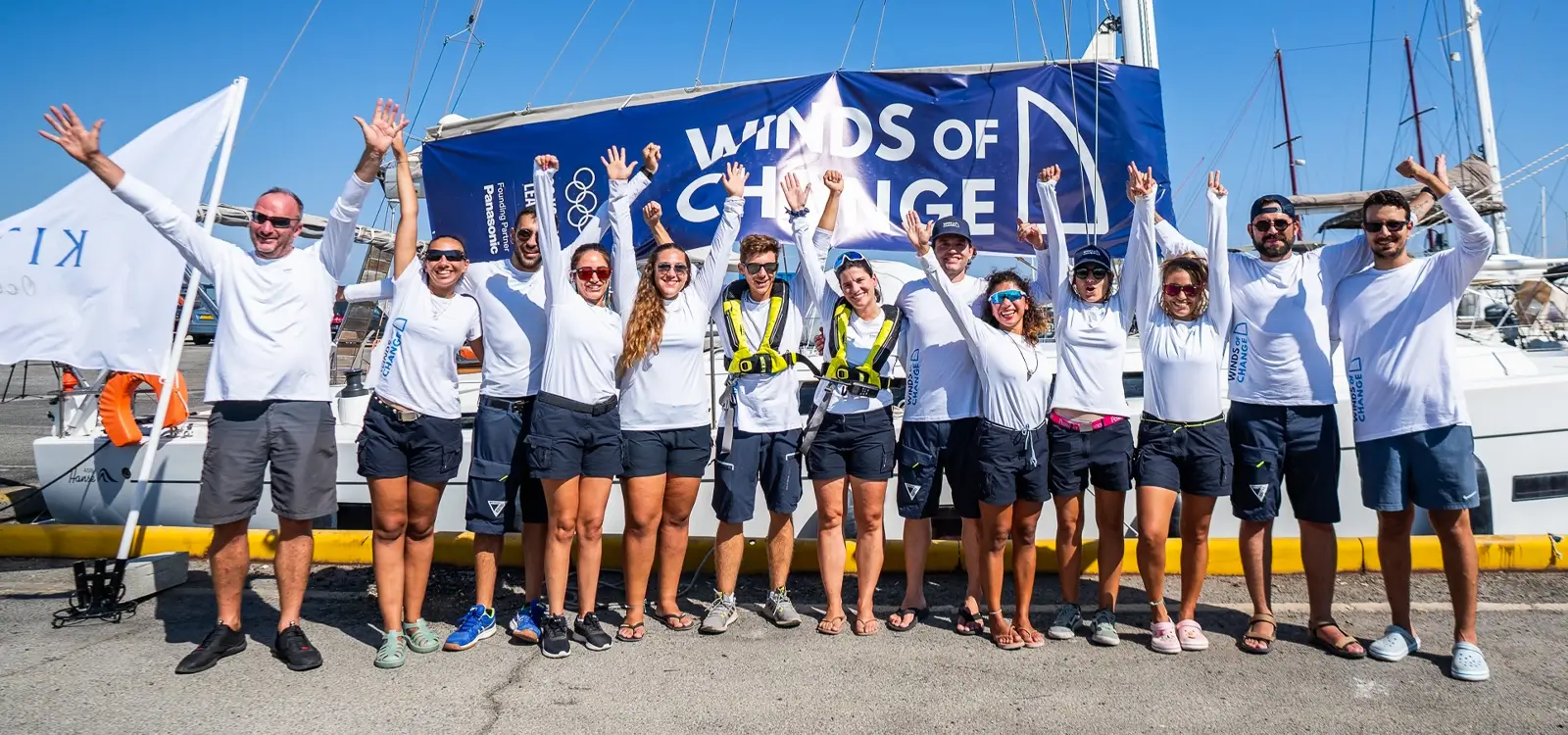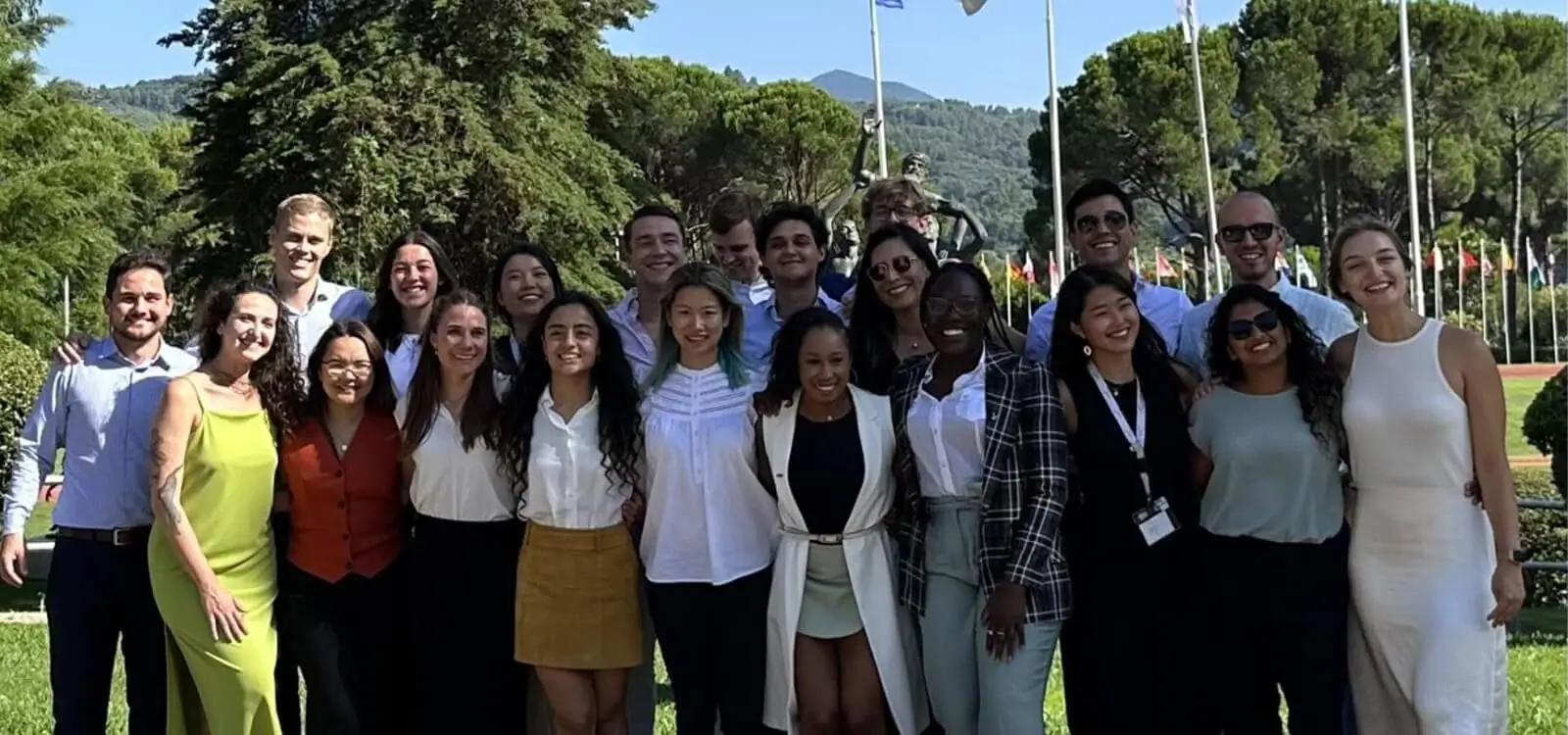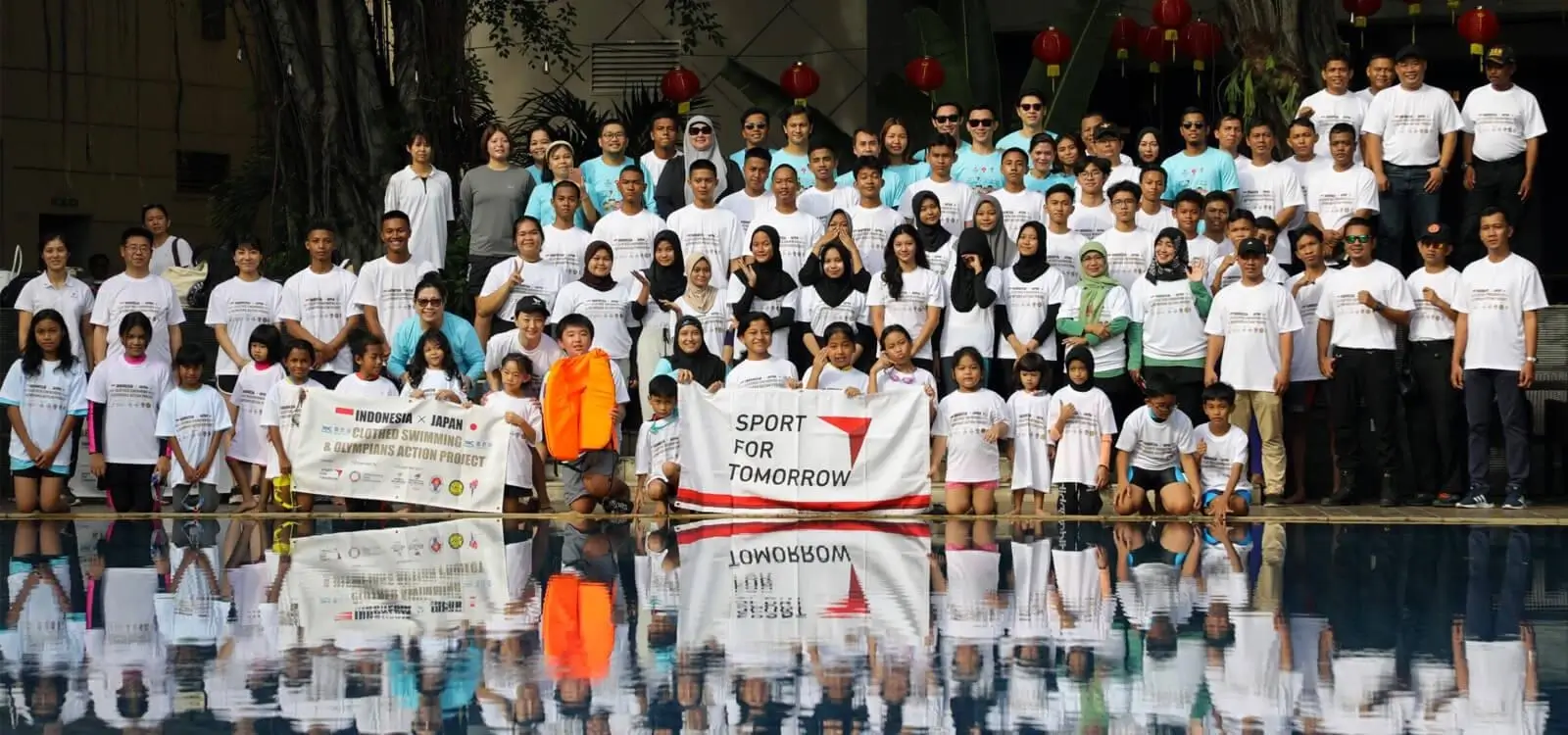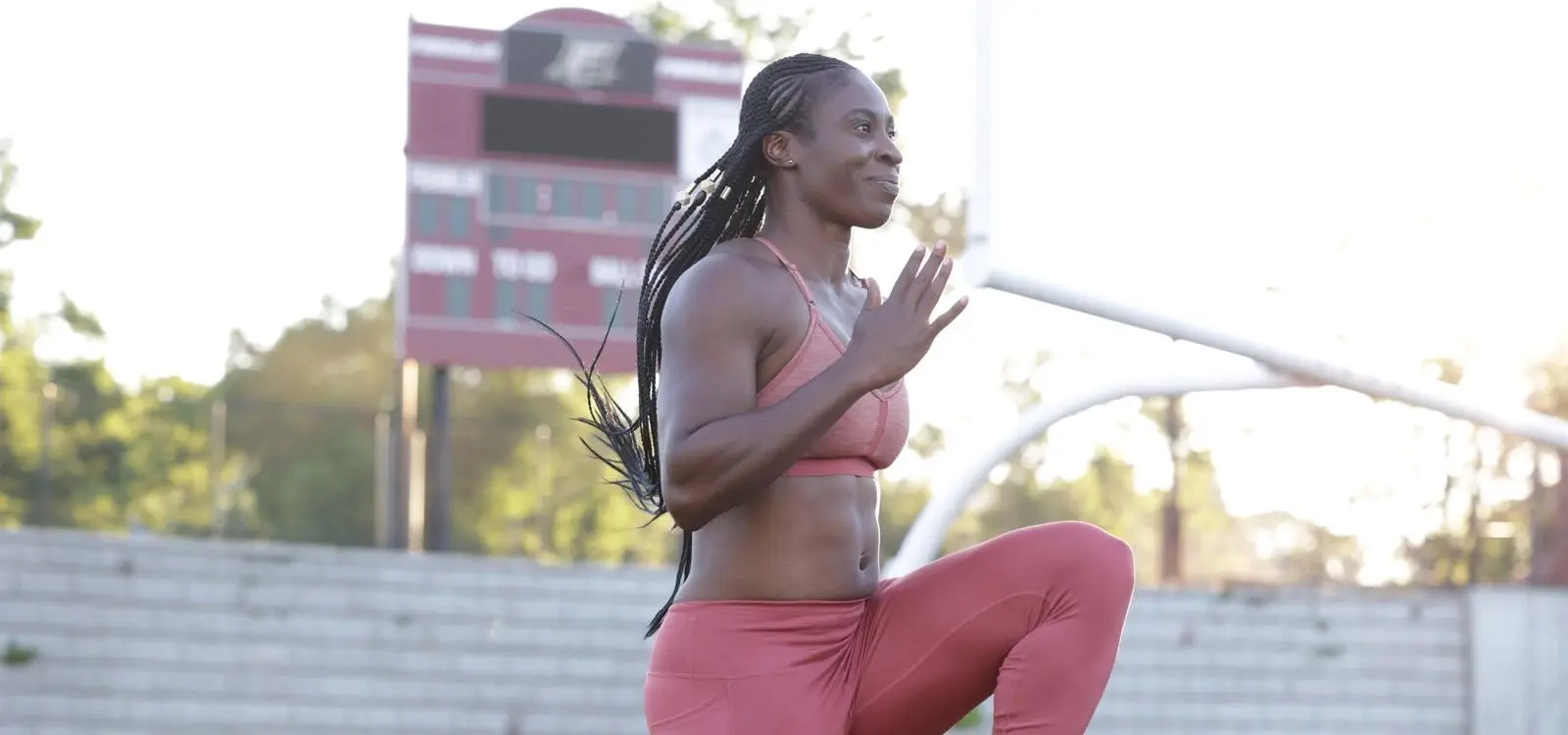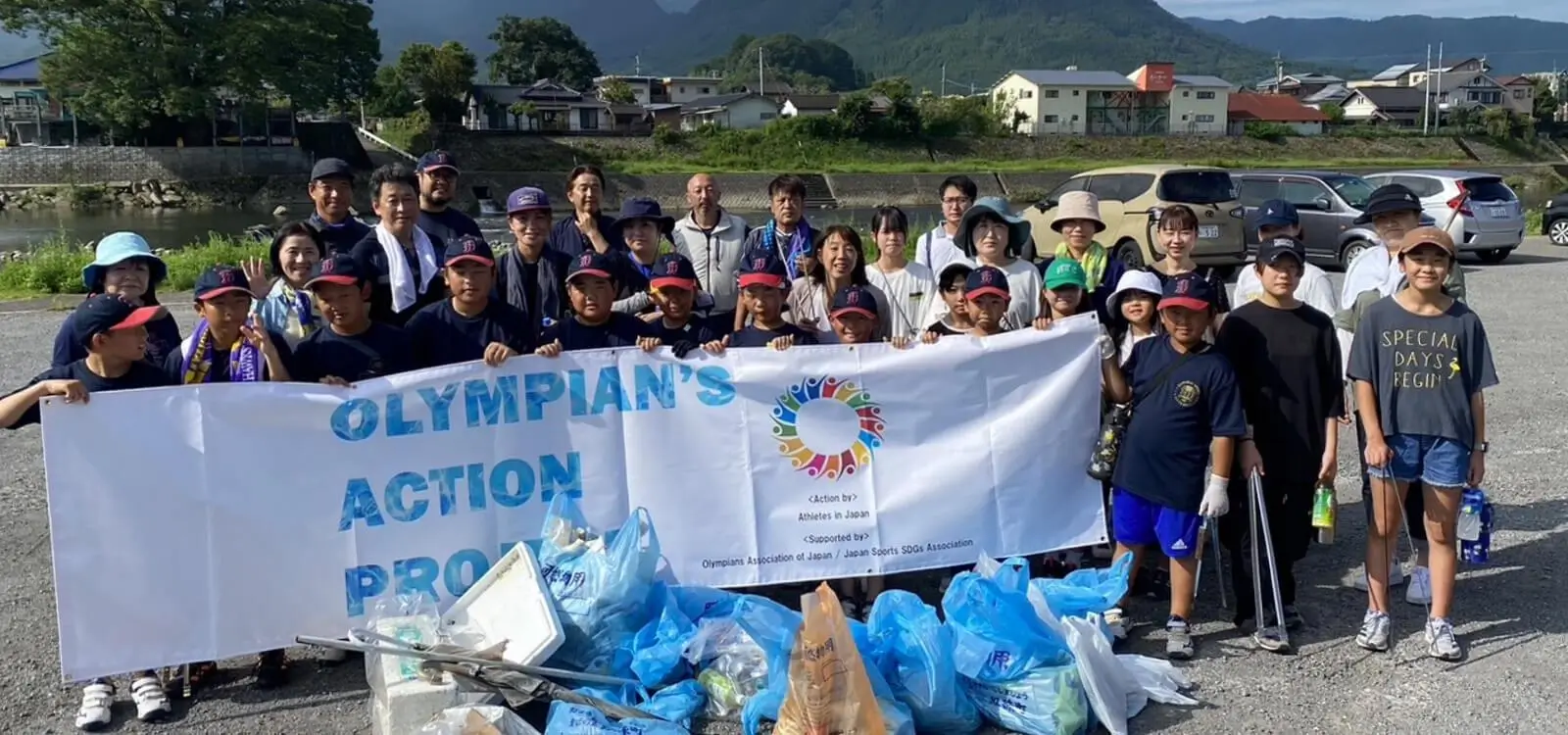Actions
Korean Olympians Education Programme continues to inspire 20 years on
12 | 1 | 2016
Olympians in Korea continue to show their commitment to inspiring the next generation through the Olympians Education Programme, an annual initiative which provides education opportunities to underprivileged children and young people within Korean society. The project, which was developed by the Korean Olympians Association [KOA] almost 20 years ago, is still going strong with around 30 Olympians getting involved every year to make the long-running programme a success.
The project offers open classes run by Olympians within the community and each year it benefits more than 1,500 students from lower socio-economic areas, who get the opportunity to interact with their Olympic heroes across a range of sporting disciplines from soccer and basketball to volleyball, table tennis and cheerleading.
School age children from both primary and secondary school are taught at various skill levels from basic playing technique through to advanced level by a team of dedicated Olympians over a course of 15 sport-specific classes with prizes offered to participants who achieve outstanding results at the completion of the programme.
The Olympians Education Programme aims to foster motivation and self-belief in the participants, teaches aspects of community integration and provides opportunities for social contribution and community engagement. Since it began the programme has seen over 600 Olympians use their position as role models to help less fortunate young people improve their confidence and skills.
Speaking about the programme, KOA President, Sunchong Song said:
“One of the goals of the KOA is to increase the value of Olympic sports by inspiring young people to get involved in sport and embrace the Olympic values. We also seek to ensure the wellbeing of our Olympians and strive to give them opportunities to pursue a vocation after their sporting career is over.
“The Olympians Education Programme is an initiative that does all this. It allows Olympians to get involved in public service while also reaching out to the less fortunate, to improve their health, education and future by introducing them to sport. We are thankful to the Olympic stars for their desire to give back to the community, they truly embody the Olympic values of friendship, respect and excellence and the success of this project emphasises the positive impact they can have as role models.”
